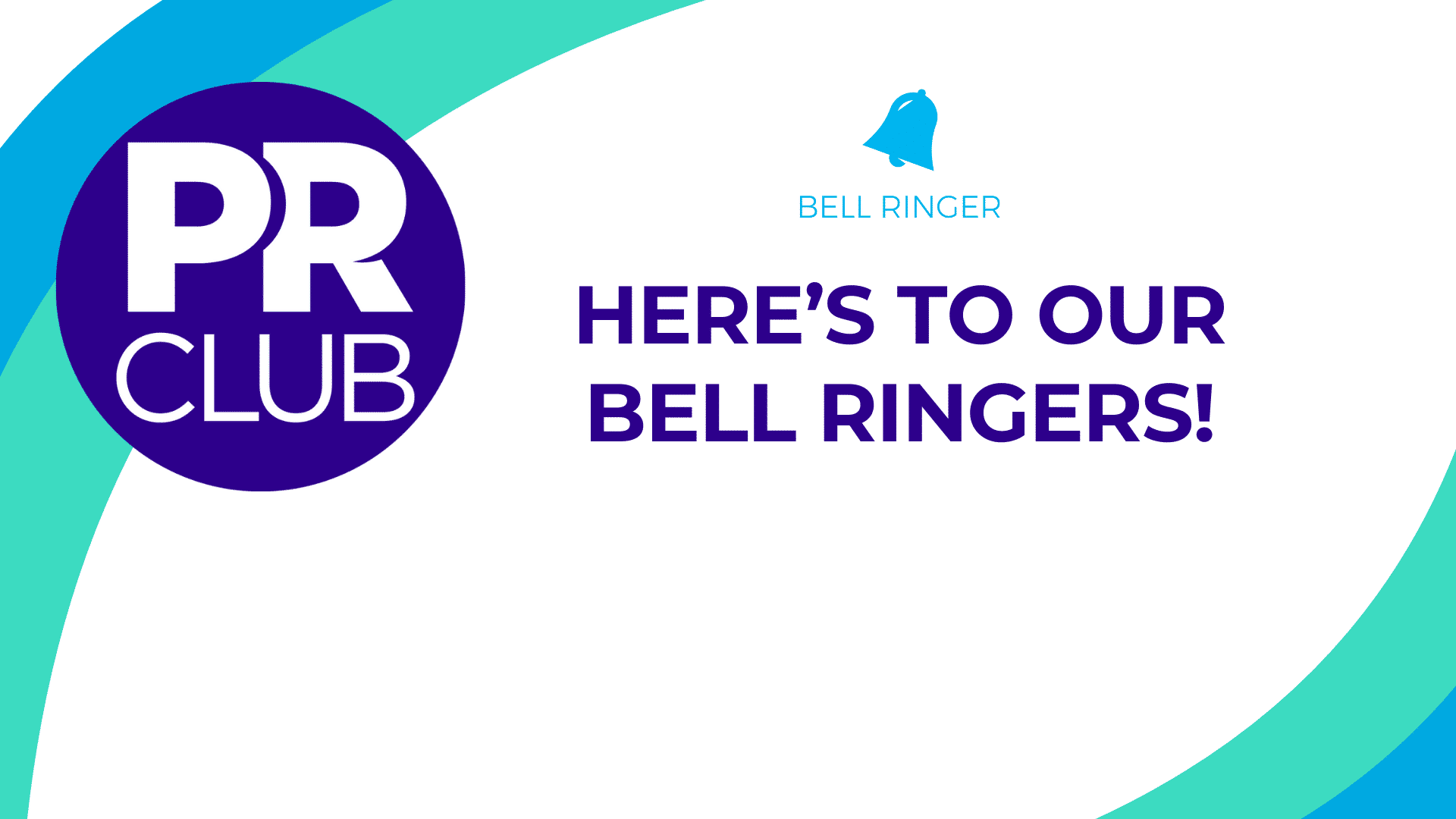We’ve all heard of “quiet quitting.” It’s been a staple buzzword of the Great Resignation and our collective reckoning with what truly makes us happy. From TikTok to mainstream media, quiet quitting has dominated popular culture, becoming memes, social media challenges, and a rallying cry for younger generations just entering the workforce. But what exactly is quiet quitting?
Some define it as doing the bare minimum at work. Enough to get by and nothing else. Others describe it as a way to take back from evil corporations that expect too much of us. Life shouldn’t be dominated by a timestamp or rigid, inflexible hours in a cubicle. Some just think of quiet quitting as a way to maintain a healthy work/life balance and set realistic boundaries to enhance mental wellness.
But however we want to describe quiet quitting, it all boils down to one thing—being unhappy with your job.
Being unhappy with your job isn’t an altogether new phenomenon. It’s been around since, well, since work has existed. But the pandemic shed light on an age-old problem, forcing us all to take a step back, slow down, and re-evaluate our own psychological wellbeing. And for many of us, our psychological wellbeing is tied to what we do and how we do it. That poses a pretty big problem for the U.S. workforce. According to Gallup, “quiet quitters” now make up at least 50% of U.S. employees.
Quiet quitting doesn’t have to be the solution for those who are unhappy with the status quo. PR professionals, especially those who are just starting out in their careers, can combat quiet quitting through three methods:
Be loud and don’t be afraid to speak up.
If you are unhappy or unengaged in your current job, talk to your manager or a mentor about it. Your manager or company won’t know something is wrong unless you communicate effectively. The worst thing you can do if you are unhappy is remain silent. Think about it like you would a relationship. If you’re mad your partner doesn’t do the dishes or pick up their dirty socks, would you just stay quiet about it and let it fester? No, you would not. The anger and resentment you feel would continue to grow until it boils over—causing your relationship to explode in a fiery mess or a mountain of broken dirty dishes.
Treat your company or agency as you would your partner. Approach them with the problem, talk through your goals, your passions, and what will make you a more engaged employee. Most companies want to put you where you will thrive and help you grow. Don’t go quietly, speak up, be loud, and tell your manager what you want. Do you want more pay? The ability to lead a client team? A switch into social media management? Speak up and ask for it then. You may just get it.
Be honest with yourself.
When looking at potential career paths, be honest with what you want. Are you looking for a standard 9-5 or do you thrive working odd hours? Do you like high-pressure situations or are you happy with day-to-day operations? Know yourself and be upfront about what you are looking for.
If you are someone who wants a lot of flexibility, find a PR path that works for you. Maybe an agency is a better fit than in-house. Or maybe you really like taking charge and having more autonomy in your day-to-day schedule. If that’s the case, maybe nonprofit PR or freelancing is more your gig. If you are into politics and crisis comms, awesome. Try to work for a campaign or a similar political group. Media relations more your style? Look for agencies that specialize in this type of publicity. The worst thing you can do is set yourself up for failure by trapping yourself in a job that isn’t a fit for you.
For example, I absolutely hate technology PR. I’m just dreadful at it. I’m not sure what all the specs and details really add up to and frankly, I don’t care to find out. So would I interview for a PR firm that specializes in B2B tech or a cellphone company? No, I’d be miserable. I know I’m much better suited for consumer or nonprofit PR, it’s just who I am.
Know yourself. Trust yourself. Don’t force something that won’t work for the sake of getting a “job.” It’s a much better strategy to focus on your long-term career goals to get you where you need to be.
Find what makes you happy and go for it.
If you have an interest in a particular sector of PR, pursue it. Whether it’s jumping into a different account or leading a video team at your company. If something thrills you, do your best to make it a part of your career.
When I first started out in my career, I had a really big interest in video production. I loved editing and all things about putting a story together. The problem? My agency didn’t really have any clients that needed video editing at that time. But I addressed it with my manager and we worked on pulling together an internal video plan to help our agency get more traction and awareness in our local market. Be it award submissions or video case studies, I was able to put my passion to use even if it wasn’t in my standard job role.
The thing is, most companies and agencies want you to be happy. They want you to be able to grow and pursue whatever it is you want to do. They want you to succeed. But they can’t help you get there unless you tell them what you want. No one is a mind reader.
Speak up. Be loud. And advocate for yourself.
This article was written by PR Club Board Member and Account Director at Brodeur Partners, Kaitlynn Cooney.




